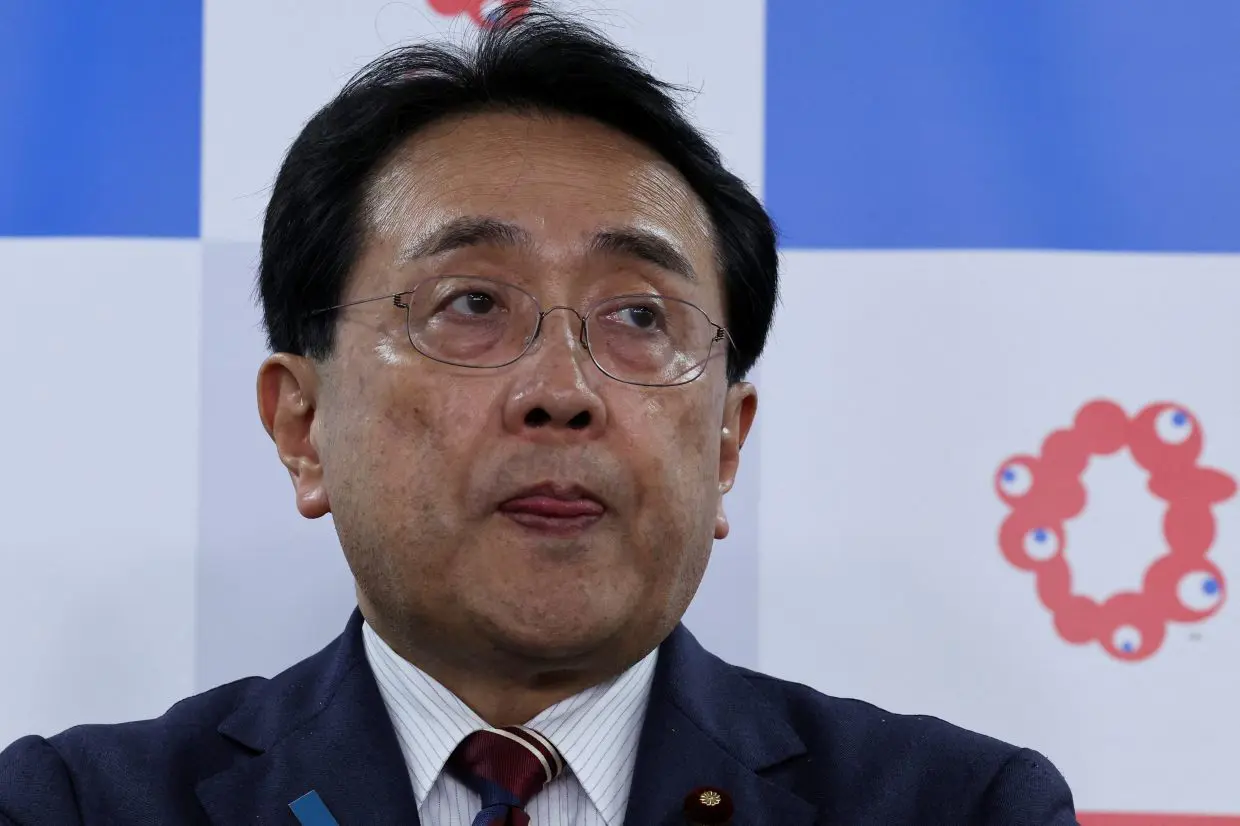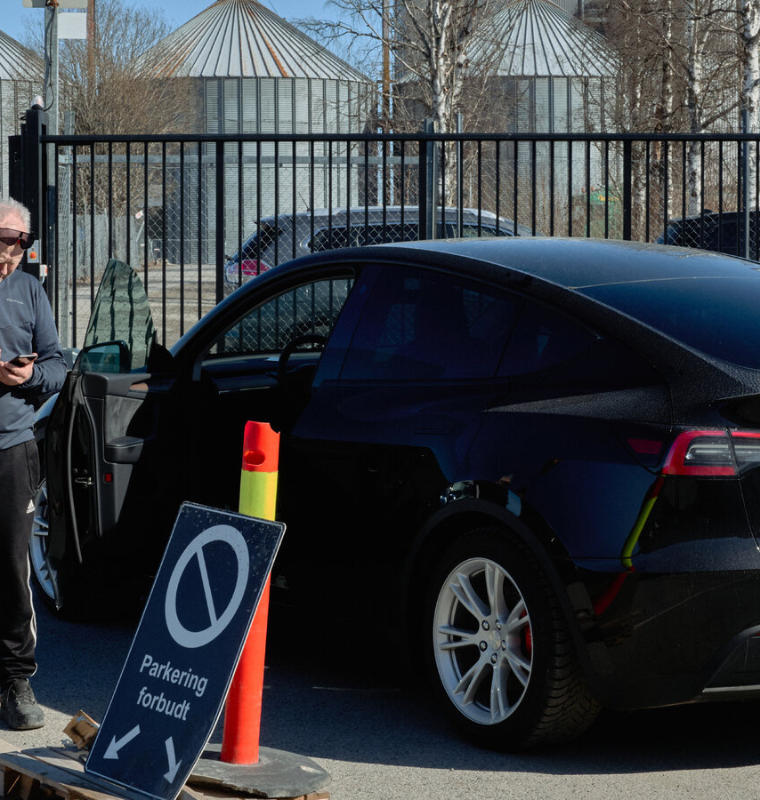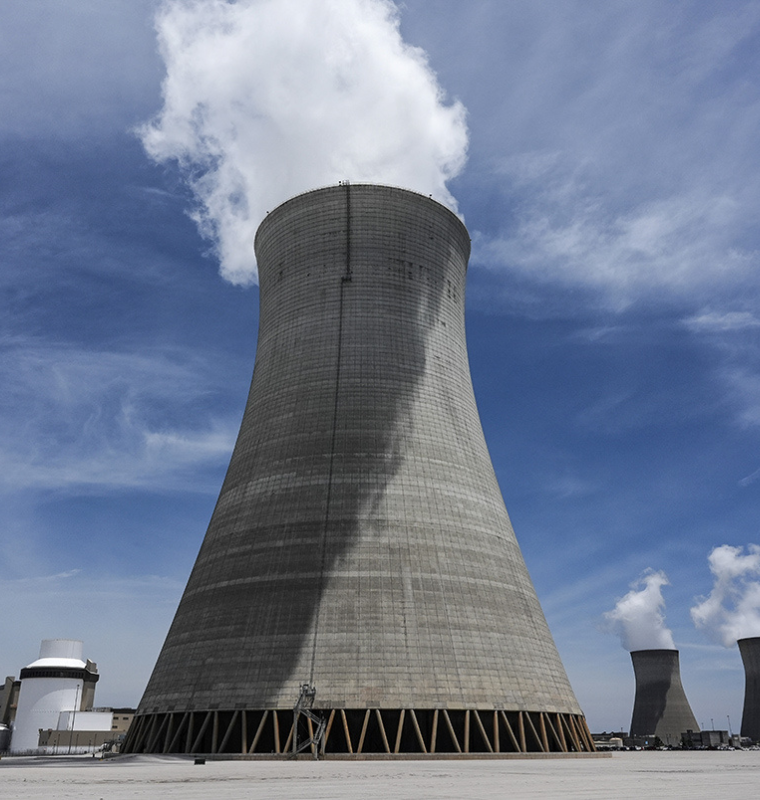Japan’s Top Trade Negotiator Cancels U.S. Trip Amid Tariff and Investment Disputes
Japan’s Top Trade Negotiator Cancels U.S. Trip Amid Tariff and Investment Disputes
By
Junia Wells
Last updated:
August 29, 2025
First Published:
August 29, 2025

Photo: The Star
Japan’s chief trade negotiator, Ryosei Akazawa, has canceled his planned trip to the United States due to unresolved issues surrounding the U.S.-Japan trade deal. The decision was announced by Japan’s Chief Cabinet Secretary Yoshimasa Hayashi, who said the trip would have involved discussions on U.S. tariff measures but certain points required further technical coordination.
Tariff Disputes Take Center Stage
Japan is pressing the U.S. to amend its presidential order on reciprocal tariffs, including lowering duties on automobiles and auto parts. Currently, the baseline U.S. tariff rate for Japanese goods stands at 15%, but written confirmation reducing tariffs on automobiles from 25% to 15% has not yet been issued. Akazawa previously highlighted a proposed “no-stacking” arrangement to prevent tariffs from exceeding 15%, similar to the deal with the European Union.
Officials indicated that discussions will continue at the administrative level, with the possibility of Akazawa visiting Washington as early as next week once outstanding issues are resolved.
Economic Implications for Japan
Bank of Japan board member Junko Nakagawa warned that exports and industrial production in Japan could face a “reactionary decline” due to the front-loading of U.S. tariffs. Manufacturing profits are expected to drop, reflecting reduced export profitability and a slowdown in overseas demand.
$550 Billion Investment Package
Another key agenda item for Akazawa’s trip was the formal confirmation of Japan’s $550 billion investment package for the U.S., announced in July as part of the trade deal. This package was tied to the reduction of reciprocal tariffs on Japanese exports. While some critics have labeled the package as a unilateral transfer, Japanese officials stressed that returns will be split between Japan and the U.S. according to contributions, with the U.S. expected to provide a larger share.
The package and tariff negotiations are central to stabilizing trade between the two countries and ensuring predictable conditions for manufacturers and investors on both sides of the Pacific.
Next Steps
Japan and the U.S. continue to work through technical and legal details before moving forward with the planned trade cooperation. The outcome of these discussions will be closely watched by global markets, particularly automotive and industrial sectors, which are most affected by tariff adjustments.
Popular articles
Subscribe to unlock premium content
How Personalized VR Meditation Experiences Are Becoming a Luxury Niche

Why High-End Pet Clothing Is a Multi-Million-Dollar Trend in the Middle East

The Tiny Italian Island of Procida and Its Billion-Euro Film Tourism Boom

How Personalized VR Meditation Experiences Are Becoming a Luxury Niche

Why High-End Pet Clothing Is a Multi-Million-Dollar Trend in the Middle East

How Personalized VR Meditation Experiences Are Becoming a Luxury Niche









